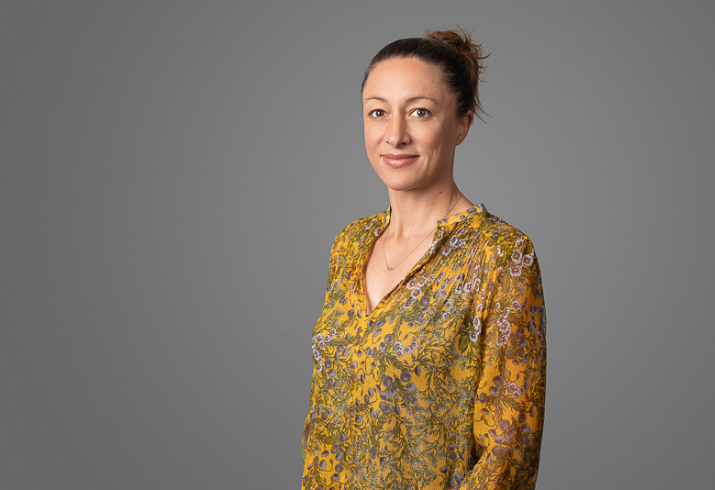Menopause matters lecture attracts big audience

Tickets were snapped up quickly for the latest Fiona Wood Lecture Series event at Fiona Stanley Hospital with more than 180 people attending the session about 'Menopause matters: what you need to know' on Tuesday 19 March.
Presenter Dr Ashley Makepeace, an Endocrinologist at the Fiona Stanley Fremantle Hospitals Group, said while peri-menopause and menopause are now being discussed more openly than in the past, it is important to find reliable sources of information and evidence based treatments.
She said the impact of menopause can differ for everyone but about 80 per cent of women will experience some symptoms with the most commonly reported being hot flushes and night sweats Most women will have symptoms for five to 10 years. These symptoms often begin during peri-menopause because hormone levels start to vary in the lead up to menopause, which has an average age of 51.
"About four out of five women will experience symptoms," Dr Makepeace said.
"So we do have to understand what menopause is.
"Misinformation is a big issue, with the internet being a great source of information but there is also plenty that is unreliable, so it is important to understand how to navigate that."
Dr Makepeace discussed various treatment options including hormone replacement therapy, noting plenty of products on the market claim they can assist with menopause symptoms but it is best to consult a doctor to get advice specific to your needs.
She said menopause is part of the ageing process and it is also a good time to reassess midlife health. A healthy lifestyle and talking to your doctor about your own individual risks were the keys to managing longer-term health overall.
Reliable sources of information are also available online, including on the Australian Menopause Society website (external link) and the Jean Hailes for Women’s Health website (external link).
A podcast of the lecture is available on the South Metropolitan Health Service website here.


